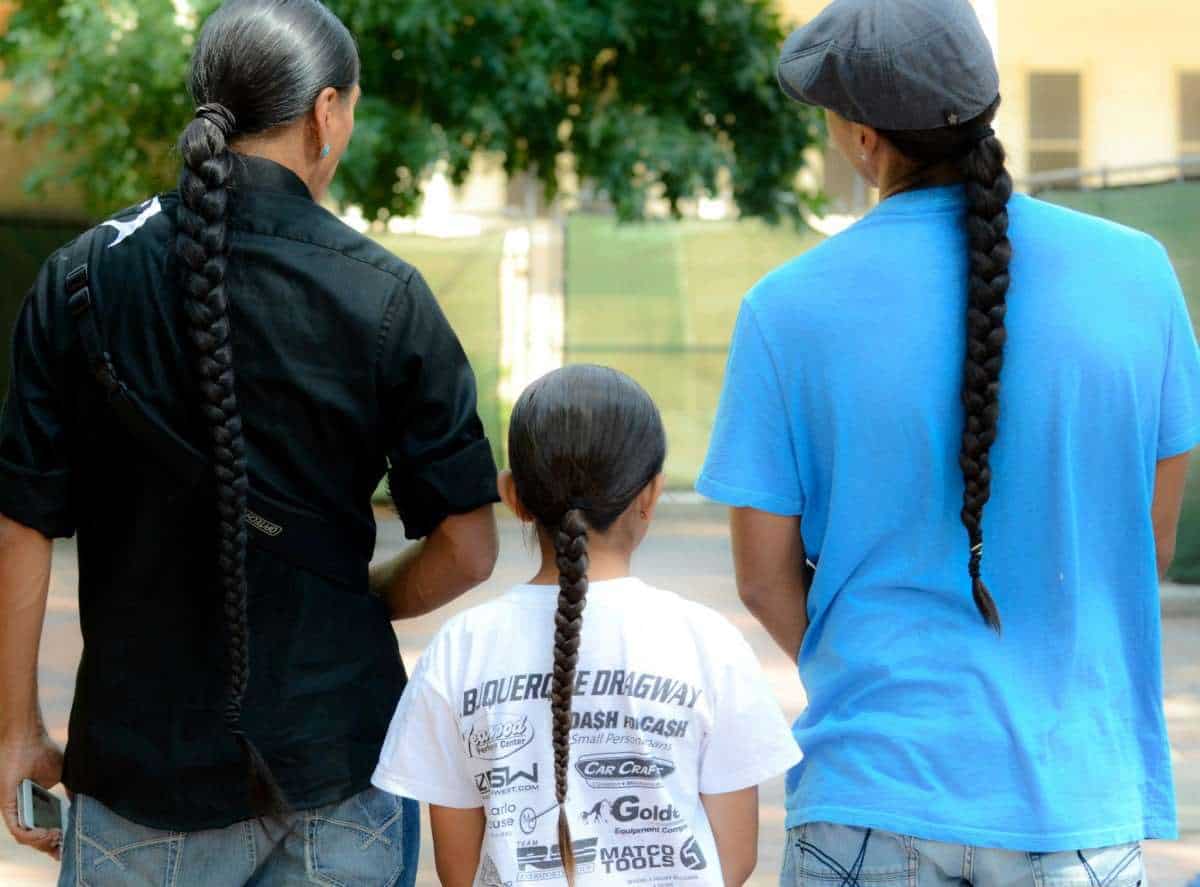
- Details
- By CEDAR ATTANASIO, Associated Press
SANTA FE, N.M. (AP) — The New Mexico state Senate has passed a bill that would prohibit discrimination based on traditional hairstyles and head coverings.
If signed into law, hair-based discrimination would be prohibited in the workplace and in schools. Advocates for the law say that currently, employers can pressure workers to chemically straighten natural hair or cut dreadlocks in order to conform to dress codes.
The bill, known as the Crown Act, is part of a nationwide effort driven by Black civil rights advocates which has won support in other state legislatures.
In New Mexico, the bill was also strongly supported by Native American residents who say they've been discriminated against for wearing Native hairstyles. A high-profile assault of a Native American high school student, whose hair was cut by a teacher, figured prominently in the debate over the bill.
Religious leaders say it will further protect residents who wear head coverings, such as Sikh turbans, Jewish yarmulkes, and Muslim hijabs.
Help us defend tribal sovereignty.
At Native News Online, our mission is rooted in telling the stories that strengthen sovereignty and uplift Indigenous voices — not just at year’s end, but every single day.
Because of your generosity last year, we were able to keep our reporters on the ground in tribal communities, at national gatherings and in the halls of Congress — covering the issues that matter most to Indian Country: sovereignty, culture, education, health and economic opportunity.
That support sustained us through a tough year in 2025. Now, as we look to the year ahead, we need your help right now to ensure warrior journalism remains strong — reporting that defends tribal sovereignty, amplifies Native truth, and holds power accountable.
 The stakes couldn't be higher. Your support keeps Native voices heard, Native stories told and Native sovereignty defended.
The stakes couldn't be higher. Your support keeps Native voices heard, Native stories told and Native sovereignty defended.
Stand with Warrior Journalism today.
Levi Rickert (Potawatomi), Editor & Publisher
